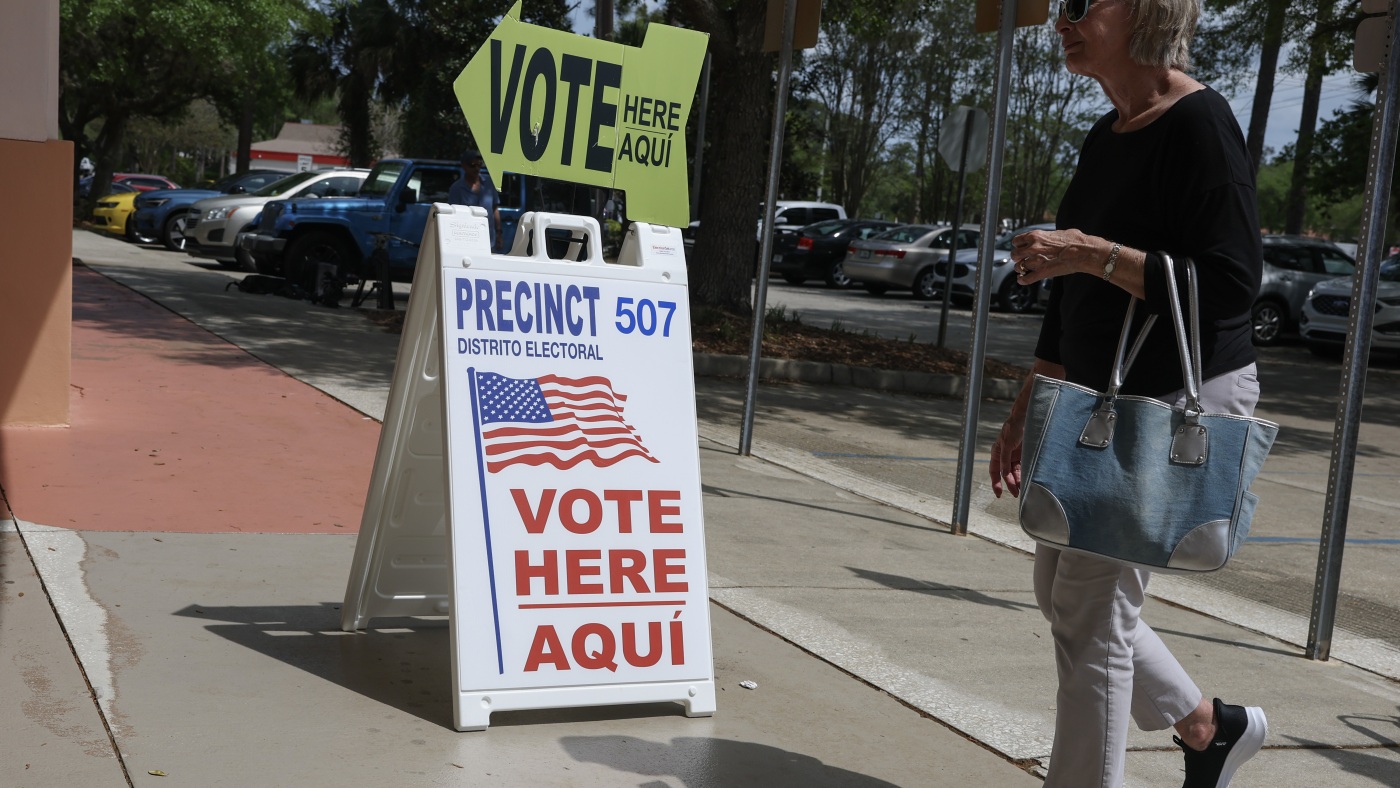On April 1, voters in Palm Coast, Florida, flocked to polling stations, marking a crucial moment in the electoral calendar.
Recently, a U.S. District Court judge in Massachusetts delivered a significant ruling on President Trump’s executive order concerning voting. Judge Denise Casper halted key elements of the order, particularly one requiring voters to present proof of citizenship, like a passport.
This decision came after a previous pause on part of the order, instigated by voting rights groups. Judge Casper emphasized that the president lacks constitutional authority over election rules, which is left to the states. In her words, “The Constitution does not grant the President any specific powers over elections.”
In response, a White House spokesperson stated that Trump would continue fighting for what they termed “election integrity,” insisting that verifying citizenship is vital for the electoral process.
The decision has sparked varied reactions. Many election officials, especially in states that allow mail-in voting, welcomed the ruling. They argue that these rules are essential to maintain voter accessibility while easing the burden on postal services. Conversely, some Republicans claim these flexible laws could lead to fraud and unfair advantages in elections.
Moreover, this is not the first time Trump’s directives have been challenged. A ruling earlier this year also paused his requirement for documentary evidence of citizenship. Critics argue that such mandates create unnecessary barriers to voting, especially for Americans living abroad, who already face hurdles in the voting process.
A recent National Bureau of Economic Research study found that efforts to restrict voter access, like those in Trump’s order, can lead to lower voter turnout. It’s important to ensure that every eligible citizen can participate in elections without facing added barriers—especially in an era that increasingly focuses on inclusion and protecting democratic rights.
As discussions around voting rights evolve, the conversation is as vital as ever. Keeping elections fair and accessible is essential to safeguard democracy.
Source link






















